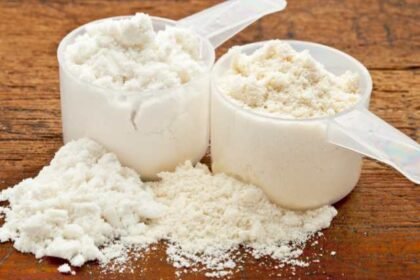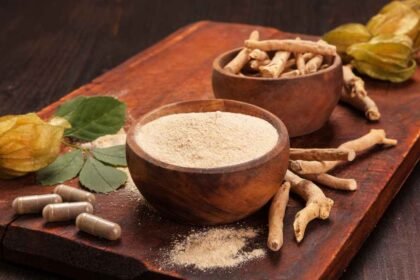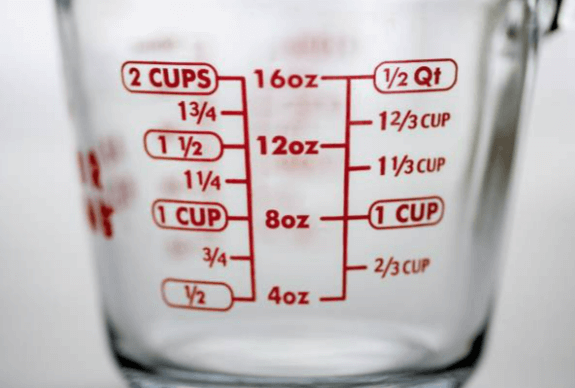Have you ever wondered how many calories you burn throughout your day? Your basal metabolic rate (BMR) is the minimum number of calories your body needs to keep going – like breathing, pumping blood and all that other good stuff. Knowing your BMR can help you control your weight and health.
What is Basal Metabolic Rate?
Your BMR is 50-80% of the calories you burn per day. This can be different for each person, depending on how old you are, whether you are a boy or a girl, and how big and strong you are. Typically, boys and those with more muscle burn more calories.
Keeping track of your BMR is a good idea because it shows how many calories your body needs to function. If you’re trying to stay at a healthy weight, it’s all about finding the right balance between what you eat and how much you move. Knowing your metabolism can help with weight loss, dietary changes, achieving your fitness goals, and more.
The Most Accurate BMR Measurement Method
So, like, what’s the best way to get the most accurate BMR reading? Well, the best method is to use an indirect calorimetry device to measure how much oxygen you take in and how much carbon dioxide you exhale. This way, you can get a super accurate estimate of how many calories your body burns per day.
What Involves
Indirect calorimetry is generally conducted early in the morning after 8 hours of fasting. Here is what you can expect from the test:
- Rest comfortably without movement for 15-20 minutes to achieve resting metabolic state
- Breath normally through a respiratory face mask covering your mouth and nose
- The air in the face mask is analyzed to measure oxygen consumption and carbon dioxide expiration on a breath-by-breath basis
- A software program uses the gaseous exchange data to calculate resting energy expenditure or total calories being burned
The Benefits of An Accurate BMR Benchmark
Tracking BMR precisely over time has many useful applications related to nutrition, fitness and weight management including:
- Creating a Custom Weight Loss Plan – Reduce calorie intake based on actual energy needs to promote safe, sustainable loss at a recommended rate of 1-2 lbs per week.
- Adjusting Your Diet – Maintain current weight by balancing calorie consumption with measured BMR and add exercise calories burned on top.
- Monitoring Metabolic Changes – Track effects of a diet or fitness regime by testing BMR at periodic intervals over weeks or months.
- Setting Accurate Fitness Goals – Quantify calorie burn required to achieve goals like running a marathon by accurately accounting for resting energy needs versus active expenditure.
- Evaluating Results Realistically – Use measured BMR to determine reasonable outcomes rather than relying on formulas, averages or estimates
Where Can I Get My BMR Measured by Indirect Calorimetry?
Indirect calorimetry testing has become more widely available due to demand for accurate metabolic data for health and performance needs. Options include:
- Specialized sports training facilities catering to elite athletes
- Health and wellness clinics focused on weight management
- University research programs exploring metabolism
- Some hospital pulmonary function testing labs
- High-end corporate wellness offerings
BMR testing often costs between $100-200 per session depending on the facility. Precision and customization comes at a price but can pay dividends for your long term health and fitness plans.
Take Control with An Accurate BMR Benchmark
Fitness trackers and predictive formulas can give you an accurate estimate of your BMR, but they can be off by 20-30%. It’s important to keep this in mind when setting calorie goals or assessing how well your diet is working.
If you really care about your health and performance, it might be a good idea to consider indirect calorimetry testing. It can help you make better decisions when it comes to your body composition, nutrition and fitness. Knowing your unique metabolism through an accurate BMR benchmark is the first step toward taking control of your overall well-being.












